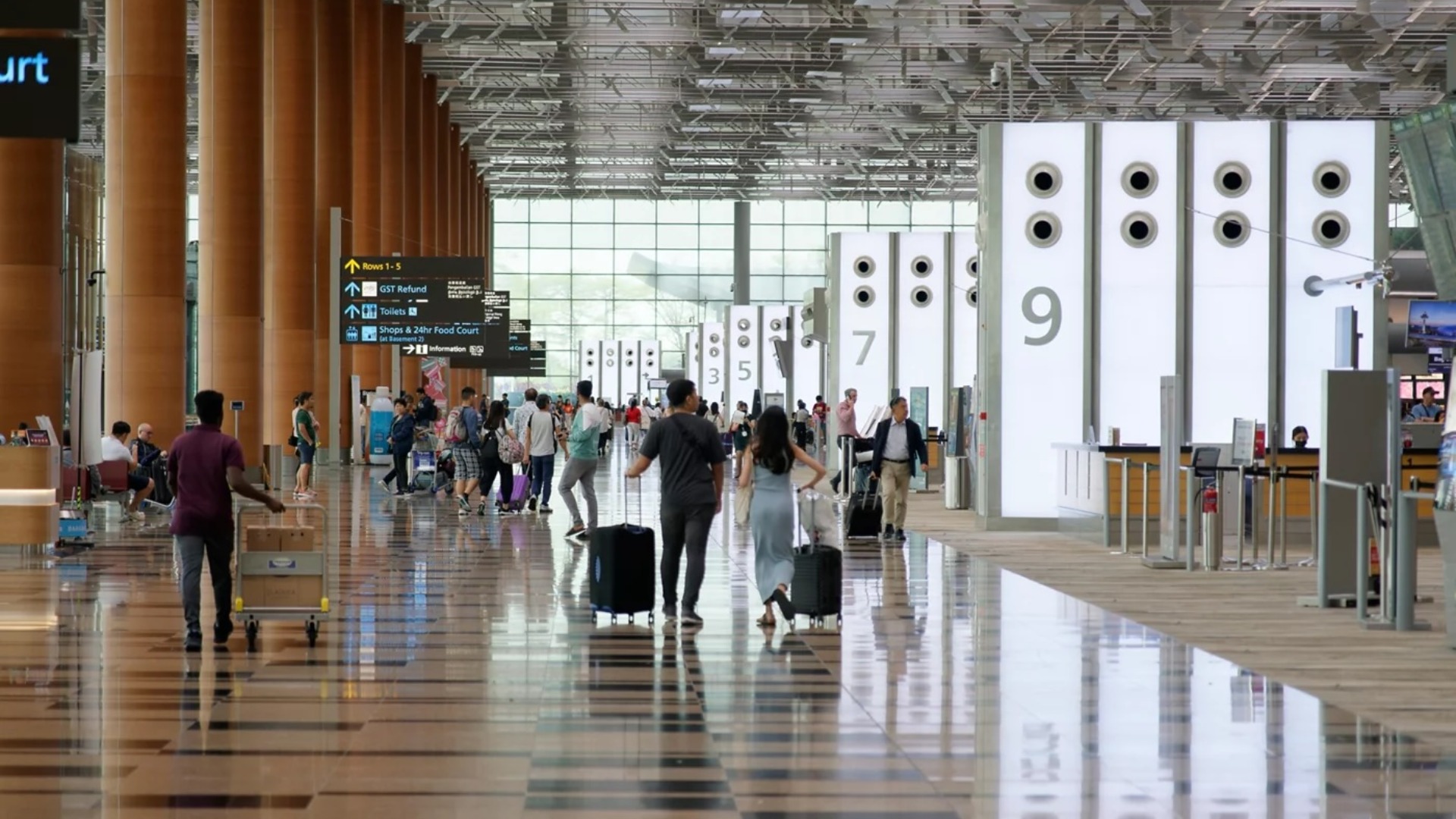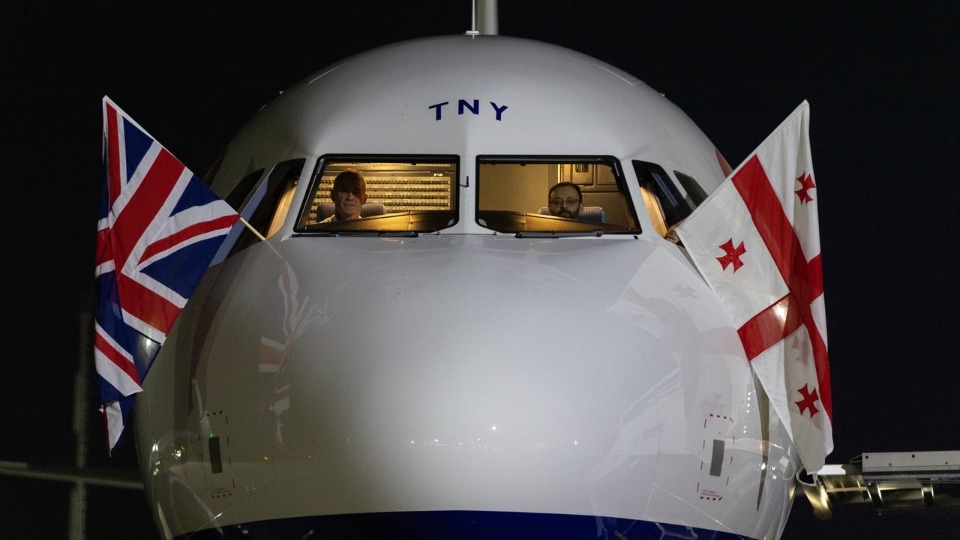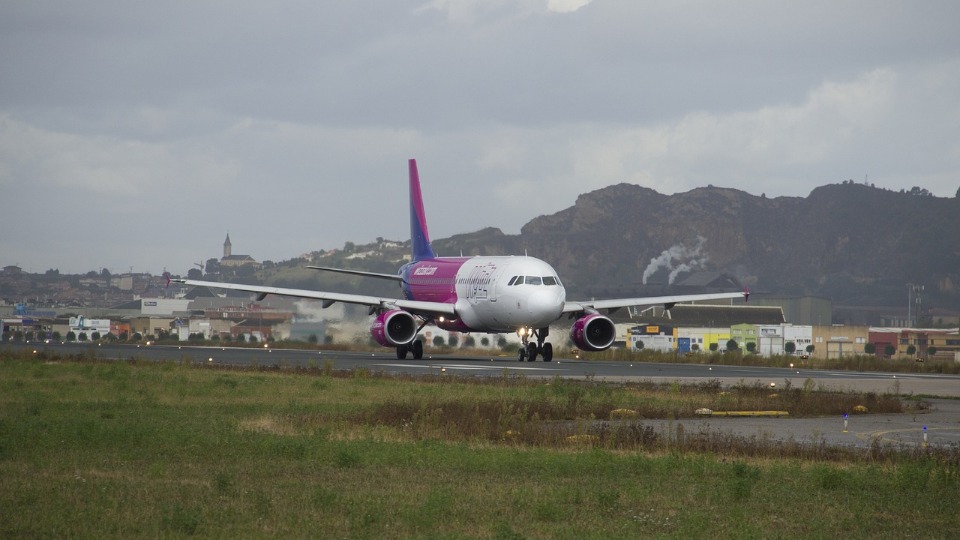
Changi Airport to Invest S$3 Billion to Enhance Global Hub Status

Changi Airport Group (CAG) will invest S$3 billion in Singapore’s Changi Airport over the next six years. This investment aims to enhance services including baggage handling, check-in, and immigration processes across Terminals 1 to 4. With this initiative, CAG seeks to ensure a seamless experience for passengers and airlines, preparing for increased air travel demand as Terminal 5 is projected to open in the mid-2030s.
Raising Airport Charges for Improvements
To fund these enhancements, airport charges will be incrementally raised from 2025 to 2030. This adjustment aims to offset rising operational costs, including manpower expenses, and recuperate investments made during the Covid-19 pandemic. Notably, airlines will receive a 50% rebate on increased landing, parking, and aerobridge (LPA) charges for the first six months to ease the transition.
Expected Impact on Passenger Fees
The upcoming changes will result in an estimated increase of about 1% in passenger fees for economy class tickets on most flights departing from or connecting through Singapore. The Civil Aviation Authority of Singapore (CAAS) will collaborate with CAG to monitor performance and ensure the airport maintains its competitive edge.
Future of Air Travel at Changi
Air travel demand is projected to surge in the coming decades, especially in the Asia-Pacific region. Industry forecasts predict that global passenger volumes will at least double from 2023 to 2043, with Asia-Pacific contributing to over half of this growth. Changi Airport is well-positioned to capitalize on this increase in demand, enhancing connectivity for travelers.
Planned Upgrades and Improvements
CAG's investment will focus on several key upgrades, including:
Skytrain and Baggage Handling Enhancements
- Skytrain Rejuvenation: Replacement of subsystems, adding new cars for increased capacity.
- Baggage Handling System Upgrade: Improvements in Terminal 3’s system and the introduction of a rooftop Inter-Terminal Baggage Conveyance System between Terminals 1 and 3.
Check-In Capacity Boost
- Terminal 4 Enhancements: Construction of a new check-in row, integrating self-service kiosks and increasing capacity by 15%, accommodating 2,500 passengers per hour.
Expansion of Immigration Facilities
- Terminal 1 Arrival Halls: Nearly 60% expansion to alleviate bottlenecks during peak periods, enhancing the arrival experience.
Infrastructure Reinforcements
- Airside Infrastructure: Reinforcement of taxiways and upgrade of contact stands to accommodate Boeing’s new B779 aircraft.
CAG is committed to ensuring that Changi Airport remains a premier global air hub, focusing on passenger experience, operational efficiency, and worker safety. The investments will not only enhance airport facilities but also foster job growth and economic development in Singapore.








